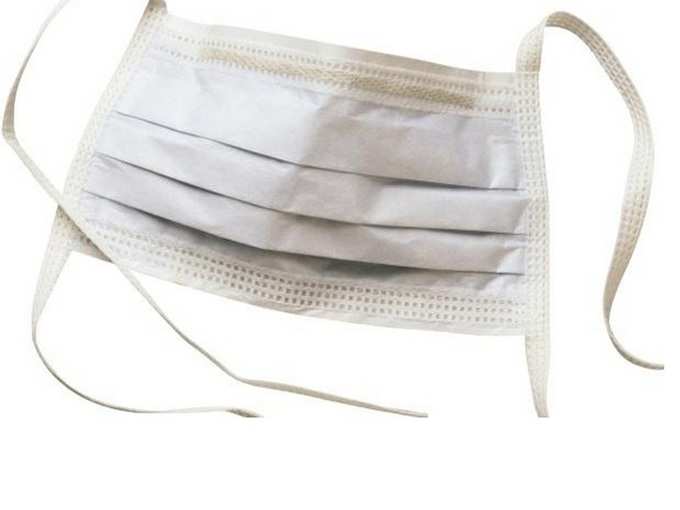
The outbreak of the
How Ebola Spreads
Ebola is a fast-acting virus, which first reared its head in 1976. The infection is transmitted through direct contact with blood, bodily fluids, and tissues of infected animals or people. Ebola is known to cause a violent hemorrhagic fever that leads to external and internal bleeding. Between humans, Ebola is known to spread in the following ways:
· Direct contact through mucus membranes and broken skin with the secretions, blood, organs or other bodily fluids of infected people.
· Indirect contact with any
· Exposure to objects such as needles which infected secretions have come in contact with.
· Burial ceremonies in which mourners may have had direct contact with an infected corpse.
· Semen of men, who have recovered from Ebola are known to be virus transmitters for up to 7 weeks after recovery.
· Health care workers who may have been exposed to the virus while treating patients.
Signs & Symptoms of Ebola
The 2014 West Africa Ebola outbreak, which has been affecting Sierra Leone, Guinea, Nigeria and Liberia, is said to be the largest one till date. The symptoms of the virus is said to be exhibited anywhere from 2 to 21 days from the time of infection.
Symptoms include
Ebola apes flu-like symptoms at the onset. Some less common symptoms include trouble swallowing, shortness of breath, chest pain, sore throat and hiccups. Some early symptoms of Ebola also include
Protecting Yourself From Ebola
People travelling to Ebola-stricken regions in the African continent, as well as health workers are most at risk if they come in contact with the body fluids or blood of someone who has been infected or has died of the virus. If a person comes in contact with raw or undercooked meat (bushmeat) from an infected animal or infected wildlife, they might be at risk of picking up the virus.
It is still unclear as to how people are actually infected with Ebola. Due to this, no vaccine has been formulated. Precautionary measures to safeguard oneself from Ebola, if one is traveling to areas where the outbreak is present, are as follows:
· Be sure to practice careful hygiene. If someone is sick with Ebola, avoid contact with any bodily fluids or blood, which may cause infection.
· Avoid touching items that may have come in contact with an infected person’s blood or body fluids.
· Avoid contact with raw or undercooked meat (bushmeat) and wild animals.
· Avoid burial rituals or funerals which require an infected person’s body to be handled.
· Avoid visiting hospitals in the area where Ebola patients are receiving treatment.
· Contact your consulate to provide specific advice on facilities that are suitable for your needs.
· If you develop a fever higher than 101.5°F or 38.6°C or other symptoms such as diarrhea, vomiting, severe headache, stomach pain, muscle pain, unexplained bruising or bleeding, seek medical help immediately.
· Avoid travelling by public transport in areas that have been infected.
· Limit your contact with other people if you travel to a hospital or a doctor.
What To Do Upon Your Return
If you travelled to a place where the Ebola virus was rampant, or were exposed to the virus, be sure to contact a medical health care practitioner even if you are not displaying any symptoms. It is important that your symptoms and exposure levels are evaluated by a medical health care practitioner. This practitioner must then take consult with public health authorities to identify the necessary actions to be taken, such as testing and medical evaluation for Ebola, travel restrictions and monitoring.
Here are some additional measures to take upon your return.
· Keep an eye on your health upon your return even if you weren’t exposed to the virus during your trip.
· If you were in an area with an Ebola outbreak, monitor your health for 21 days.
· Take your temperature every morning and evening.
· Pay attention to symptoms of Ebola such as muscle pain, severe headache, diarrhea, vomiting, stomach pain, or unexplained bruising or bleeding.
· Contact a doctor immediately if you have a fever higher than 101.5°F or 38.6°C or have any other Ebola-like symptoms.
· Before you visit a hospital or your doctor’s office, be sure to inform them beforehand of your visit, so that they may be able to take necessary precautions for your safety and the safety of other people who may be in the hospital or doctor's office.
· Avoid public transport and limit your contact with other people when you travel to the doctor.
· Avoid travelling anywhere other than to the hospital or the doctor's office.
· While you are monitoring your health, you may continue normal activities like going to work.
· If you start to exhibit symptoms of Ebola, maintain distance from other people and contact your doctor immediately.
(Image: www.prevention.com)